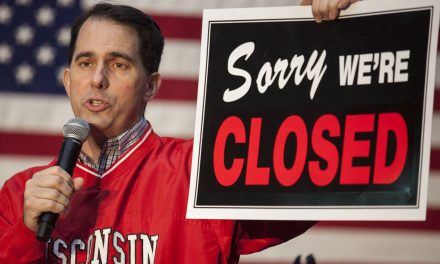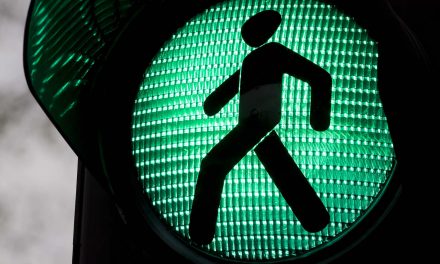
As the nation enters its fifth month of the new coronavirus pandemic, societal inequities continue to surface. One issue in Milwaukee is accessible, reliable and affordable broadband internet.
The city’s Finance and Personnel Committee began looking at ways to expand high-speed internet access for residents.
“What once was an amenity, I think now has become a utility, and a necessity for many people in their daily lives,” said Alderwoman Milele Coggs, who introduced the discussion.
Residential broadband access is available from Spectrum and AT&T, but some areas of the city are underserved. Spectrum’s list price starts at $70 per month. AT&T’s list price starts at $60 per month.
State law allows municipalities to own and operate broadband networks and services, but the networks can only be paid for by subscribers of the service, not the general population. Public entities cannot charge rates lower than existing services and are not allowed to subsidize telecom services.
Milwaukee Public Schools will begin the school year virtually in the fall, compounding the problem of many households not having access to high speed internet.
“I think this is an existential crisis for education,” said Alderman Michael Murphy.
David Henke, who heads information and technology for the city, said Milwaukee Public Schools is working with the Milwaukee Public Library on a program to give students a mobile hotspot to use at home.
Alderwoman Coggs has asked Henke to look at partnerships with other governmental agencies to provide broadband access for residents. In the meantime, the city will also find out how much it will cost to put hotspots in city parks.
Alder Scott Spiker said the pandemic has made people’s inability to access broadband go from a “short-term crisis to a long-term disaster.”
“For all the chest thumping going on with the commitment to racial equality, but we need people to put their money where their mouth is,” Spiker said. “This is something that needs to be done now.”
Spiker said building out service at parks and libraries is fine, but it will take time.
“The telecoms need to step up with their commitment to providing broadband,” he added.
Corrinne Hess
August de Richelieu
Originally published on Wisconsin Public Radio as As Pandemic Keeps Workers, Students Home, Milwaukee Wants To Expand Broadband Access















